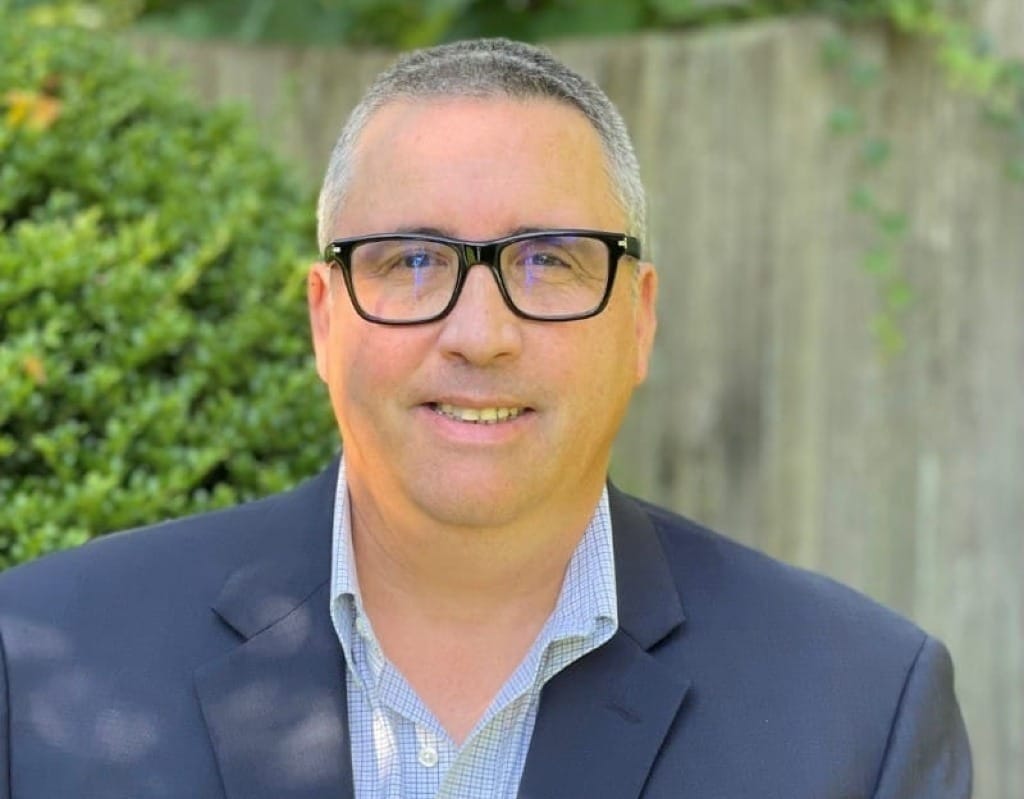Rural Electric Co-ops Want Broadband Data Fixed by FCC Before BEAD
NRECA pushing for consumer-driven speed tests to improve FCC broadband data.
Jericho Casper

WASHINGTON, Oct. 4, 2024 – Closing the digital divide requires collecting accurate data to ensure rural areas receive their fair share of the $42.5 billion in broadband expansion subsidies soon to be released by the Commerce Department, a national trade association said.
The National Rural Electric Cooperative Association, representing more than 900 electric cooperatives, warned this week that faulty data from the Federal Communications Commission could cause rural communities to miss out on vital funding.
As the clock ticks toward the release of funds through the Broadband, Equity, Access, and Deployment program, NRECA pressed the FCC during separate meetings with legal advisors to Commissioners Brendan Carr, Geoffrey Starks and Nathan Simington on Oct. 1, 2 and 3 to address inaccuracies in the agency's broadband mapping data.
NRECA warned that the current broadband maps, which rely heavily on self-reported data from providers, misrepresented the actual availability of high-speed internet in many rural areas.
This could result in entire communities being unfairly classified as “served” with broadband, making them ineligible for BEAD and other federal programs like ReConnect. NRECA stressed the need for more precise, on-the-ground data to ensure that federal funds are directed where they are most needed.
“While the new national broadband maps are indeed an improvement from previous census block level maps, they still do not possess the data level necessary to accurately guide where federal funds should be targeted,” Greg Orlando, regulatory affairs director for NRECA, said in an Oct. 3 filing with the FCC.
To improve the accuracy of the FCC’s maps, NRECA proposed that the FCC allow consumers to submit their own speed tests to challenge provider claims of broadband service. They also recommended incorporating third-party verification to assess the actual quality and reach of broadband service, particularly in hard-to-serve rural areas.
Beyond mapping, NRECA called on the FCC to adopt a symmetrical 100/100 Megabit per second (Mbps) broadband speed benchmark to better reflect current consumer needs, surpassing the FCC’s current standard of 100/20 Mbps. The association also advocated for a long-term benchmark of symmetrical 1 Gigabit per second (Gbps) service to future-proof rural broadband networks.









Member discussion